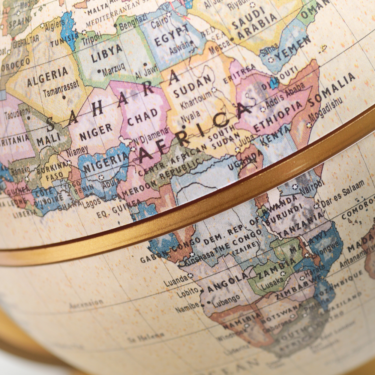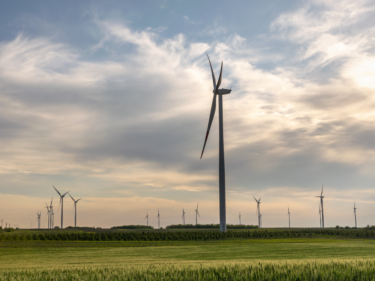Africa Watchlist 2024: Devaluations, coups, and green hydrogen
Next year holds promise for the dawning of a new industry in Africa and somewhat of a commercial renaissance taking place in Kenya – East Africa’s economic anchor. Our watchlist for 2024 also foregrounds major currency devaluations in Ethiopia and Egypt and a strong probability of coups d’état in Cameroon and Tunisia. We expect support for the African National Congress (ANC) to drop below 50% in South Africa’s general elections, but that coalitions with smaller parties will allow the ruling party to cling to power.
What you will learn:
- The Egyptian government has been delaying exchange rate reform due to the inflationary implications; however, we believe the devaluation of the Egyptian pound will now occur after the presidential elections (brought forward from 2024 to this month) but before the next IMF review (expected in Q1 2024). In turn, Ethiopian authorities will be required to devalue the birr as part of debt restructuring negotiations. We expect the devaluation to take place in H1 next year.
- Turning to political developments, the likelihood of coups d’état in Cameroon and Tunisia will be the highest in decades next year. Tunisian President Kaïs Saïed is becoming ever more unpopular and isolated, and a soft coup could very well push him out of power before the December 2024 elections. In turn, an increasingly frail President Paul Biya is creating scope for the military to grab power in Cameroon. By contrast, we expect South Africa’s ANC to remain in power with support from smaller parties, with no need to court the main opposition.
- Favourable developments include the inception of Africa’s green hydrocarbon sector. The benefits of green hydrogen are well understood and Africa has several comparative advantages in developing this sector. Finally, we think that markets are overly pessimistic about Kenya’s default risk and that Kenyan assets will surprise in 2024.
Tags:
Related Posts

Post
Capital catalysts – Funding development when budgets are tight in Africa
In this presentation deck, we grappled with some of the Africa’s most pressing issues for 2024 and beyond. We explored Africa’s alternative funding strategies during challenging times, examined the continent’s growth hotspot, and unpacked South Africa’s political economy in the lead up to the general elections in 2024.
Find Out More
Post
Is Africa’s fiscal effort sufficient to restore debt sustainability?
More than half of the African countries that we cover grapple with various degrees of debt distress, face unsustainable debt burdens, or actively seek to reprofile or restructure their public balance sheets. The threat of surging amortisations and debt interest costs sent countries including Egypt, Ethiopia, Ghana, and Kenya to the IMF, albeit with mixed success. However, the political repercussions of creditor-required fiscal consolidation cannot be readily dismissed, as illustrated by Kenya in H1 2023.
Find Out More
Post
Africa risks squandering its critical mineral opportunity
There is a scramble for African critical minerals amid the ‘New Cold War’ brewing between the US and China.
Find Out More
